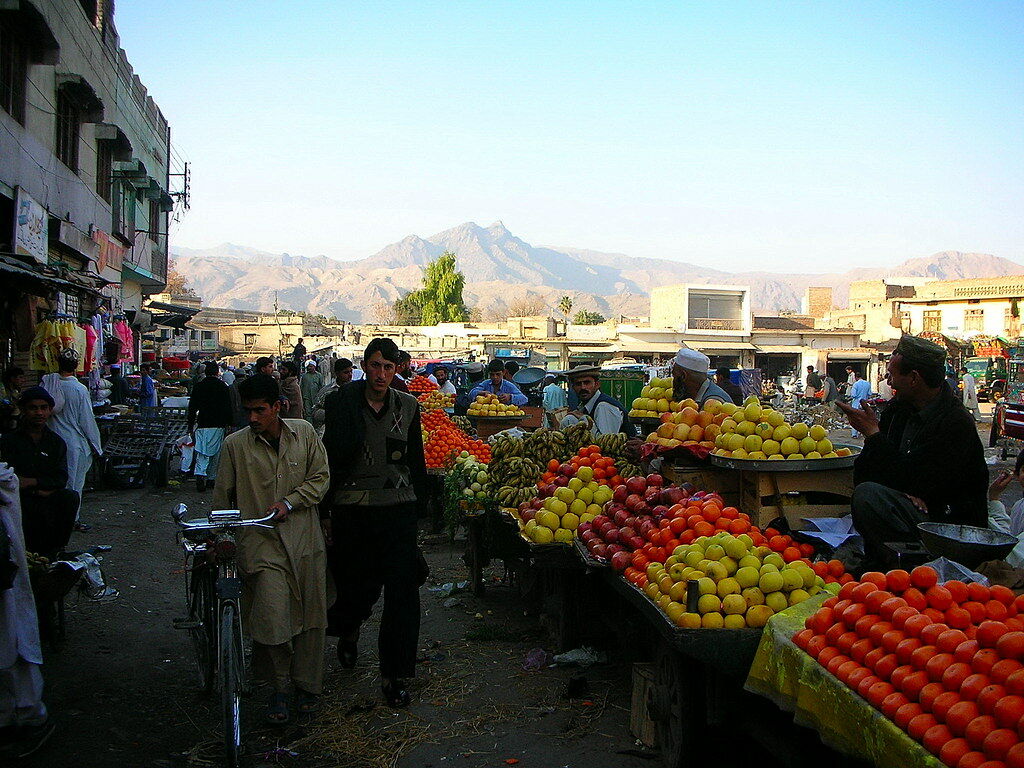Pakistan inflation reaches record high due to soaring food prices

Inflation in Pakistan escalated to a record 36.4% in the year to April, primarily driven by food prices, making it the highest rate in South Asia and marking an increase from March’s 35.4%, according to the country’s statistics bureau. In rural areas, food inflation reached 40.2%, while for both rural and urban regions, it climbed to 48.1% – the highest level since FY16 when these categories began being recorded separately. Prices in April rose 2.4% compared to March.
Amreen Soorani, a 42-year-old head of research at JS Capital, a Karachi-based investment company, stated that the spike was expected due to hyperinflation in the food segment. While the trend may persist for a few more months, the base effect is anticipated to start from June 2023, causing a slower pace.
Despite the contractionary measures implemented by the central bank, the finance ministry warned that headline inflation would likely remain elevated in the months ahead. Pakistan has been facing economic turmoil for some time, with an acute balance of payments crisis accompanying unsuccessful talks with the International Monetary Fund (IMF) to secure US$1.1 billion as part of a US$6.5 billion bailout.
In an attempt to secure the funding, Pakistan has taken several measures, including eliminating caps on the exchange rate, which led to a depreciating currency, raising taxes, cutting subsidies, and increasing key interest rates to a record 21%. The finance ministry expressed that successful completion of the talks with the IMF would eventually lead to more capital inflows, stabilisation of the exchange rate, and alleviation of inflationary pressures.
The persistently high inflation has resulted in significant lifestyle and consumption changes, with an increasing number of people seeking assistance, reports Channel News Asia.
Latest Thailand News
Follow The Thaiger on Google News:
























